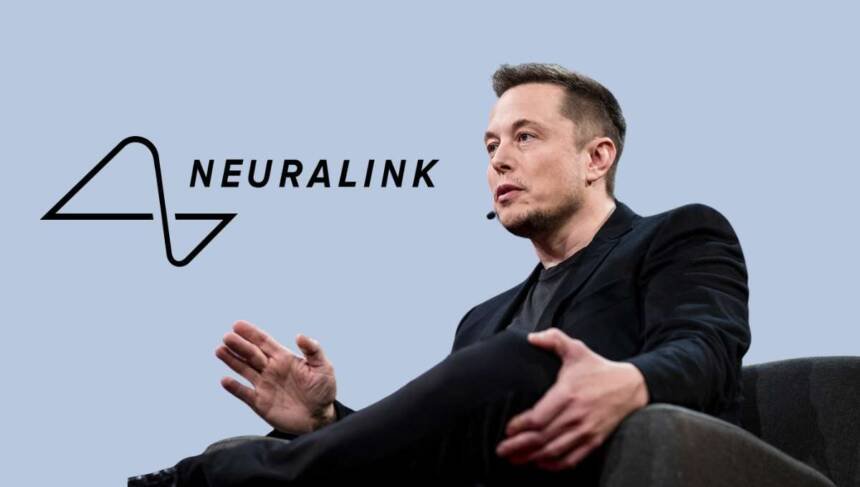The U.S. Department of Transportation (DOT) fined Elon Musk’s brain-computer interface company Neuralink $2,480 for not following the rules for moving dangerous materials.
Reuters looked at DOT records and found that earlier this year, the agency’s inspectors found several problems at Neuralink’s sites in Texas and California.
Inspections showed that Neuralink did not register with the government as a carrier of dangerous goods as needed by law. It was also found that the company had not properly packaged waste materials like the flammable solvent Xylene for shipping.
The initial fine was for breaking DOT rules about dangerous materials, but it was later lowered after Neuralink promised to fix the problems.
The fine shows how important it is for companies on the cutting edge of technological innovation to strictly follow the rules. Neuralink is a leader in brain-implant technology, so it has to follow safety and transportation rules as it tries to make brain-computer interface (BCI) goods that will change the world.
Neuralink was started in 2016 by tech mogul Elon Musk and eight other people. It studies how putting microchips in the brain could let people use their minds to control computers.
The company has made a lot of progress since the recent DOT fine. For example, the FDA has approved clinical studies, and the company’s value has skyrocketed to over $5 billion.
But Neuralink has also been criticized for problems with animal care during its tests. Musk has strongly rejected claims that Neuralink implants caused the deaths of primates, but the company is still in the spotlight as a leader in the dangerous field of neurotechnology.
The DOT fine is a warning that following the rules is just as important as making scientific discoveries.
As Neuralink develops BCI technology that could one day help disabled people control devices with their thoughts, following safety and transportation rules makes it possible for responsible innovation to happen.
Looking ahead, Neuralink’s progress and its big goals will depend on how well it follows the rules. Human trials are coming up soon, but only after the FDA gives its approval. To keep its biomedical claims, the company must carefully follow rules about dangerous materials and other laws.
The DOT’s move against Neuralink was a fairly small fine, but it shows that safety through compliance is a must, no matter what the company wants to do.
As brain implants get closer to being a reality, government agencies will probably keep an eye on people to make sure they follow the laws that allow the safe and ethical development of neurotechnology that could change society.
Fines may not seem like much when you think about the $100 million that Neuralink has spent on research. But by answering questions from regulators, the company shows it is still committed to openness and rules that make new science work for the general good.
For companies like Neuralink that are breaking new ground, problems with laws might just be growing pains on the way to a future where people and machines work together more seamlessly. If the goal is to come up with new ideas in a responsible way, then enforcement steps are useful for fine-tuning a culture of compliance.








